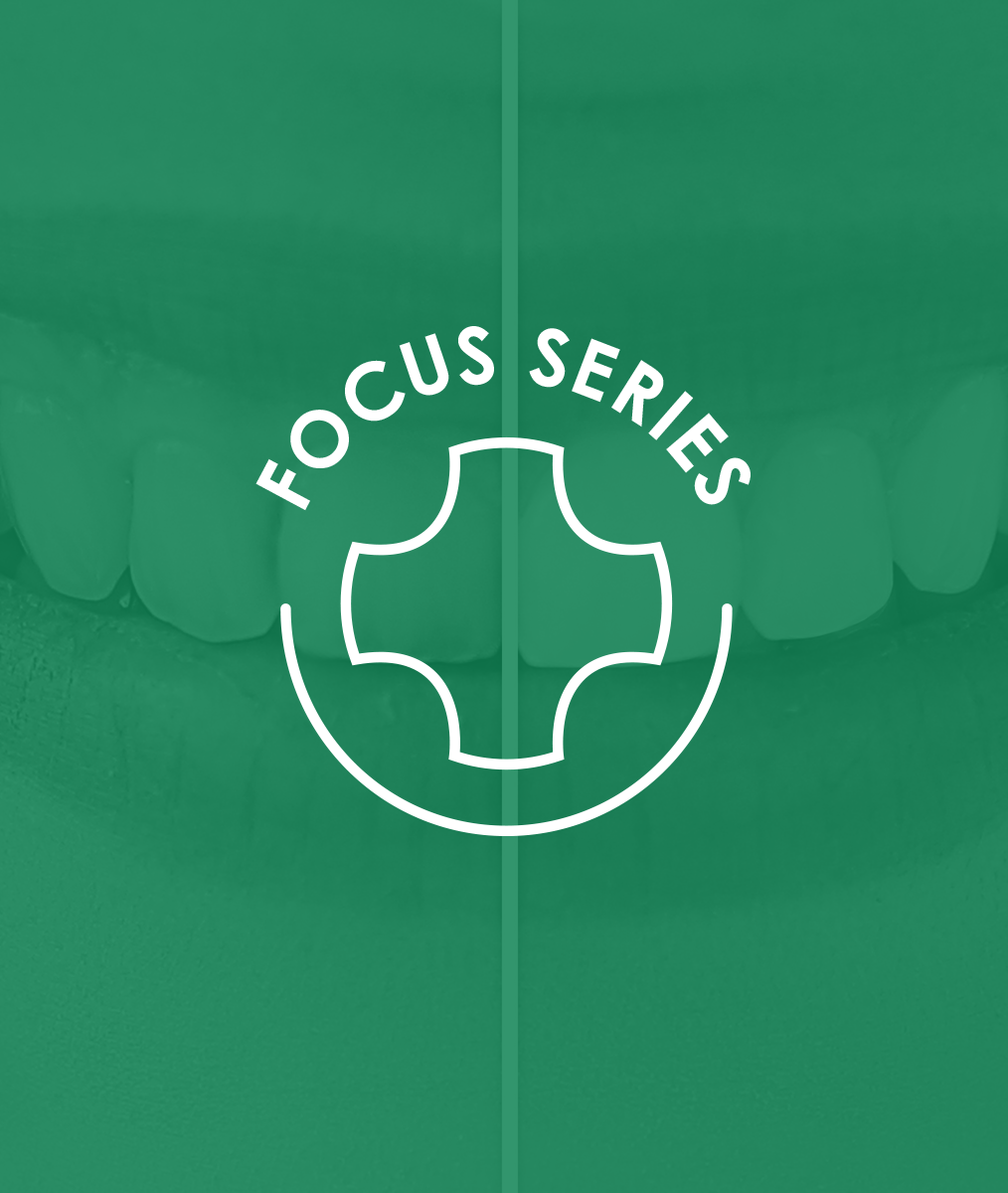
2 Transformative Tips to Leverage Phased Therapy for Single Tooth Dentistry
One of the greatest challenges of dentistry is developing a conceptual framework for how to approach complex cases. We leave dental school bright-eyed but unfamiliar with the personal and professional tools that help us get to know patient needs and provide optimal care over a lifetime.
Phased therapy is a skill that takes time to develop but creates the mental space to build relationships and techniques simultaneously. How do you follow through on a treatment plan over the course of many years, phasing out the process to improve the patient’s experience, your experience, and their ability to afford it?
Single tooth dentistry may seem simpler than a full mouth reconstruction, but it still poses its own set of challenges. You’ll be able to gain skills without requiring patients to commit to a heavy financial burden, but you’ll still need to manage esthetics and deal with unforeseen issues with occlusion.
A dental career is one marked by introspection that necessarily leads to improved patient care as you gain greater self-knowledge alongside technical skills. Here are 2 tips you can use to develop your love of both simple and complex cases, your long-term relationships with patients, and your passion for dentistry:
1. Approach Learning as a Layered Process
It’s easy to get hung up on technical prowess and let your communication skills or personal development suffer. The mountain of knowledge that exists in dentistry is formidable, especially the way it is presented early on in our dental educations.
But you don’t have to build Rome in a day. Start with single tooth dentistry so that you have time to learn the technical and behavior skills along the way that will build your confidence to tackle bigger cases.
Longevity in a career as physically and emotionally demanding as dentistry requires that we approach learning as a layered process. Each case deepens our understanding of how to evaluate and succeed at the next one. Along the way, we can find joy in each incremental improvement.
2. Build Trust Through Patience and Demonstrable Success
Nothing works without the patient’s trust and acceptance. They will be more likely to say yes to a simpler restorative case. What you’ll find is that as they get to know you and you get to know them, their willingness to engage in future dentistry will improve.
With patience, you’ll put in the work to improve their health and esthetics. The fruits of your labor will naturally result in greater trust.
Later this year, I’ll be hosting my course “Think Global, Work Local,” at Pankey Online. During this course, I’ll dive deeper into the concepts I’ve brought up here.
I’ll be covering three cases that stood out in my career, including the details on preparations, impressions, fee presentation, treatment planning, restorative care, and case results.
I can’t wait to see you there for this opportunity to dive into a Pankey-infused approach to learning over a lifetime!
Related Course
Smile Design: The 7 Deadly Sins
DATE: October 10 2025 @ 8:00 am - October 11 2025 @ 3:00 pmLocation: Online
CE HOURS: 16
Dentist Tuition: $ 2295
Single Occupancy with Ensuite Private Bath (per night): $ 345
Designing Smiles is What We Do! From direct to indirect restorative – to clear aligners – to interdisciplinary care – designing smiles is what we do. Those who understand and…
Learn More>







WONDERFUL KEVIN! And there is so much more learning discovered in “bits and pieces” along the way! Sounds like a Great Course! And you written article is a wonderful invitation and a “hidden” EE… Hmmm…isn’t that interesting…! Rich
Thanks Rich! Oh the value of having wonderful mentors to help steward the way! Such fun we’ll have together!!!